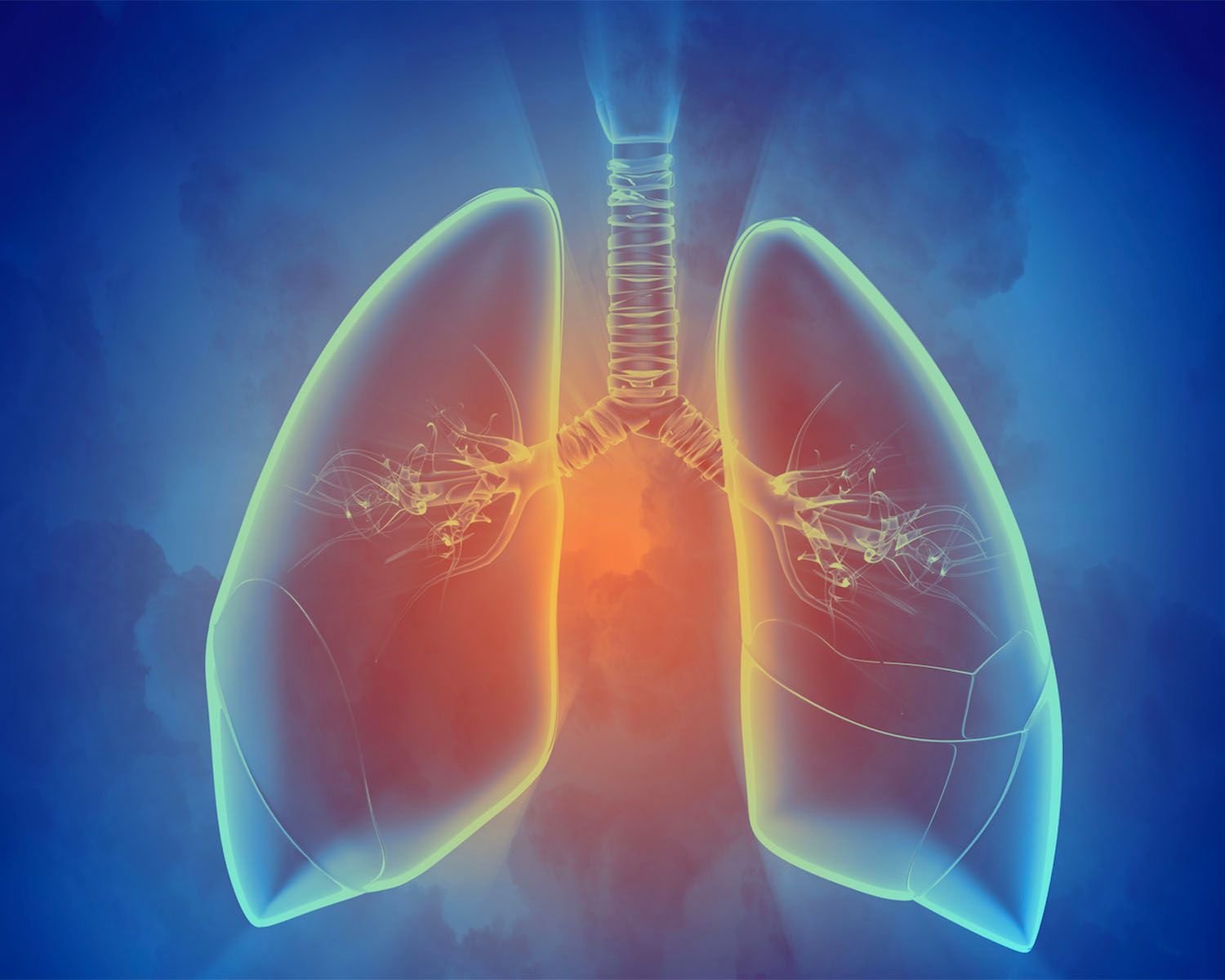Afatinib Induces Responses in Rare EGFR-Mutant Non-Small Cell Lung Cancers
Afatinib monotherapy demonstrated clinical activity in Asian and non-Asian patients with non–small cell lung cancer who harbored uncommon EGFR mutations, according to findings from a subanalysis of the afatinib uncommon mutation database.

Afatinib (Gilotrif) monotherapy demonstrated clinical activity in Asian and non-Asian patients with non–small cell lung cancer (NSCLC) who harbored uncommon EGFR mutations, according to findings from a subanalysis of the afatinib uncommon mutation database presented in a poster during the 2020 European Society of Medical Oncology (ESMO) Virtual Congress.
The analysis included 693 patients who were both Asian and non-Asian. Overall, 178 patients were identified as Asian, and 120 were non-Asian. Information for a total of 75 patients included in the analysis (11%) were pooled from clinical trials, data on 532 (77%) patients were pooled from CUP/EAP/Phase 3b/NIS, and results from the remaining 86 patients (12%) were pooled from case reports or case series. Three-hundred fifteen patients (45%) were naïve to treatment with tyrosine kinase inhibitors (TKIs), and 378 patients (55%) were pretreated with a TKI. The total number of patients evaluable for response to afatinib was 298.
Patients were stratified by race as well as the type of EGFR mutation in their tumors. The uncommon EGFR mutation explored in the study included G719X, L861Q, and S768I, compound EGFR mutations, exon 20 insertions, EGFR T790M mutations, and other major uncommon EGFR mutations.
The objective response rate (ORR) achieved overall in patients with major uncommon EGFR mutation was 66% in Asian patients versus 59% in non-Asian patients. The median duration of response (DOR) in the overall study population was 14.7 months for Asian patients versus 15.9 months for non-Asian patients.
In Asian patients, the ORR was 81% for patients with compound EGFR mutations, 21% for those with EGFR exon 20 insertions, 38% for those with EGFR T790 mutations, and 79% for patients with other uncommon EGFR mutations. In comparison, non-Asian patients with compound EGFR mutation had an ORR of 100%, those with EGFR exon 20 insertions had an ORR of 23%, patients with EGFR T790M mutation had the lowest ORR of 17%, and those with other mutations had an ORR of 60%.
DOR according to the type of mutation showed more durable responses in patients with compound EGFR mutation and exon 20 insertions compared with the 2 other uncommon EGFR mutational groups in the Asian population. Non-Asian patients with compound EGFR mutations also achieved more durable response than those with exon 20 insertions, T790M mutations, and other uncommon EGFR mutations. Specifically, in the Asian group, the DOR was 11.5 months among those with compound mutation, 11 months among those with exon 20 insertions, 8.1 months among those with T790M mutations, and 9 months among those with other mutations. For patients identified as non-Asian, the DOR was 18.6 months among those with compound mutations, 10.7 months among those with exon 20 insertions, 7.4 months in the T790M population, and 10.7 months among those with other mutations.
The median time to treatment failure (TTF) in the Asian group was 11.5 months (95% CI, 11.5-13.8) in the overall study population compared with 9.0 months (95% CI, 4.6-15.4) in non-Asian patients. The comping EGFR mutational group had a longer TTF in both racial populations than the TTF observed in other mutational groups at 11.5 months (95% CI, 8.2-16.6) versus 18.5 months (95% CI, 1.6-not reached) in the Asian versus non-Asian populations, respectively. The EGFR T790M groups in both racial populations had the shortest TTF at 4.7 months (95% CI, 1.2-5.5) in the Asian population compared with 2.9 months (95% CI, 0.9-6.7) in the non-Asian group. Asian versus non-Asian patients with other major uncommon EGFR mutation had a median TTF of 7.2 months (95% CI, 1.8-11.9) versus 10.7 months (95% CI, 2.0-24.0), respectively.
Taken together, these data show that compared with non-Asians, Asian patients with NSCLC have a high proportion of major uncommon EGFR mutations and can may benefit from treatment with afatinib.
The results of this study supply relevant information where there were few clinical data for patients with rare EGFR-mutant NSCLC, who represent 7% to 23% of the EGFR-positive NSCLC populations. Experts state that these cancer display heterogeneity in their EGFR TKI sensitivities.
Based on the results of the pooled analysis, James Chih-Hsin Yang et al, concluded , “afatinib should be considered as a first-line treatment option in Asian and non-Asian patients with major uncommon (G719X, L861Q and S768I) and compound EGFR mutations.”
Reference.
Chih-Hsin Yang J, Miura S, Heeke S, et al. Afatinib in Asian and non-Asian patients with EGFRmutation-positive (EGFRm+) NSCLC harboring uncommon mutations.Presented at: 2020 European Society of Medical Oncology Virtual Congress. September 19-21, 2020; Virtual. Abstract 134P.